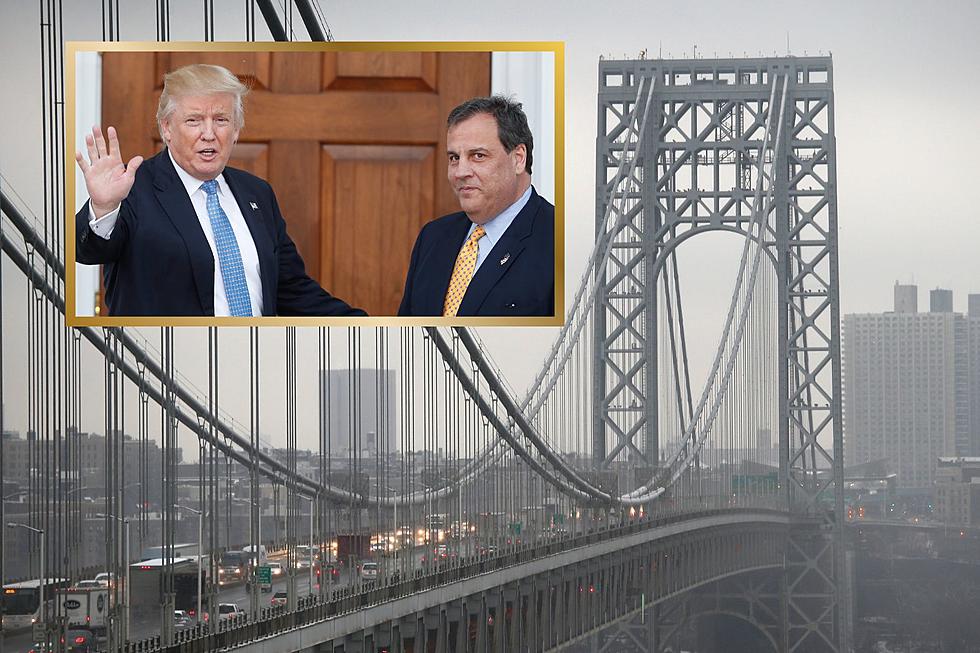
Christie ends tax agreement that protected NJ and PA commuters
Gov. Chris Christie said Friday he is pulling out of a nearly four-decade-old income tax agreement with Pennsylvania, all but ensuring that thousands of residents in each state will see their tax burdens go up.
Lower income residents in South Jersey could be hit the hardest.
The Republican governor said his hand was forced because the Democrat-led Legislature failed to find $250 million in health insurance savings for public workers despite assuming the savings in the budget. He said he will reconsider ending the agreement if lawmakers deliver the savings.
"I am left with the least painful option I have to fulfill my constitutional duty to balance the budget for New Jersey taxpayers," Christie said in a statement.
In most cases, people pay taxes where they work, then get a credit for those taxes when paying income taxes in their home state. For the sake of simplicity, New Jersey and Pennsylvania struck the reciprocal agreement in 1978, allowing residents to pay taxes where they live, after New Jersey first created its income tax.
A spokesman for Pennsylvania Democratic Gov. Tom Wolf said Friday Christie has "erred significantly" in his decision.
Wolf spokesman Jeffrey Sheridan said that Christie's decision will "punish" 125,000 Pennsylvanians and will hurt the prospects for creating jobs in the region.
In June, when he enacted New Jersey’s 2017 state budget, Christie directed his Treasury Department to study whether to dissolve a reciprocal income-tax agreement with Pennsylvania under which cross-border commuters pay taxes to the state where they live rather than work.
A former state treasurer says it could net $180 million in additional taxes for New Jersey, paid by high-income Pennsylvania residents who work in New Jersey.
But lower-income New Jerseyans who work in the Keystone State, especially South Jerseyans working in Philadelphia, could face a tax increase – not only paying a higher rate, but also losing a tax credit for Philly’s wage tax.
Former state Treasurer Andrew Sidamon-Eristoff estimates that ending the agreement would yield around $180 million in additional income taxes for New Jersey. He said Pennsylvania would also see a net increase in its income tax collections of around $35 million.
Jodi Kleuskens, another CPA at WithumSmith+Brown, told New Jersey 101.5 that lower-income commuters from New Jersey would wind up with higher tax bills if they started paying in Pennsylvania.
“If they make less than $63,000, they’re going to pay more taxes,” Kleuskens said.
“Just to show you a scale of that, so maybe a lower-income taxpayer that’s a resident of New Jersey that works in Pennsylvania that is making $35,000 would probably pay an additional $500 to Pennsylvania,” Kleuskens said.
The Associated Press and New Jersey 101.5 Trenton Bureau Chief Michael Symons contributed to this report.
More From New Jersey 101.5 FM









